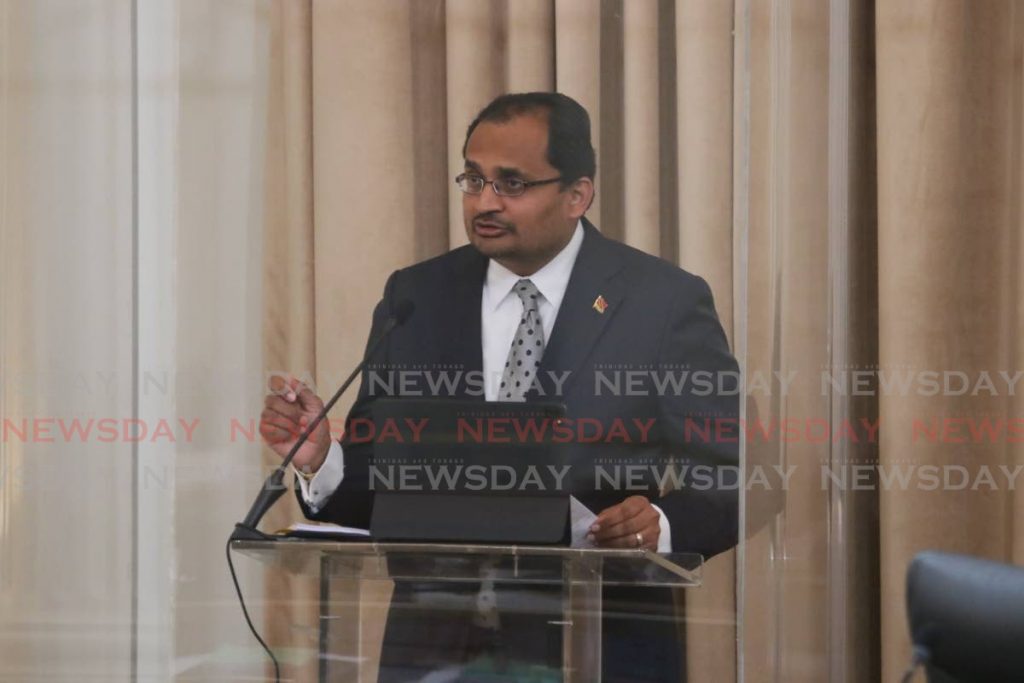Sensitivity needed from police

THE EDITOR: I was recently contacted by people concerning the grieving family who felt very angry at the treatment meted out to them during the cremation of their family member at Mosquito Creek. This has prompted me to publicly reach out to all law enforcement officers to be both mindful of and respectful to people who are conducting little-understood religious rituals.
Social media posts and public outcry suggest that police went to the cremation site with sirens blaring (which was disrespectful enough) and lectured the grieving widow whose husband was being cremated about the need for social distancing. The police even went on to break up a part of the ritual wherein the eldest son of the deceased, who was leading the rites, and the other sons (or people acting in the place of sons) formed a human chain by touching hands. The police apparently objected to the touching, considering it to be a breach of physical distancing.
It was of no consequence that the cremation was happening in open air and that the occasion was one that warranted solemnity and sobriety, and that the hand touching was done strictly by people already within a family bubble, and that everyone was wearing a mask, and, most importantly, that the touching was an integral part of the Hindu religious rites.
These types of incidents usually trigger people to fight for recognition of their constitutionally-entrenched religious freedom and rights so that these insensitive encounters can be eliminated in the future. Hindus often place more emphasis on proper completion of post-death rites than they do on other occasions.
While the police officers were doing what they understood to be required, their actions demonstrate the need for diversity and sensitivity training to deal with community practices such as these.
Across the globe, the police are trained to deal with certain communities in a sensitive manner. Consider for example the following excerpt from an article entitled “Put the sense back in sensitivity training,” from the US Department of Justice/Office of Justice Programs, which highlighted the success of sensitivity training efforts:
“…recent media focus on negative police contacts has increased awareness of the need for police sensitivity training. In Rapid City, South Dakota, the police department serves a significant number of Native Americans…Regardless of the measures used, more police departments seem to be initiating sensitivity training programs of some sort, and many police administrators report that their sensitivity training efforts are successful.”
Only recently, police departments in cities across Ontario in Canada were given the power to stop anyone found walking or driving and inquire as to the reason why they left their home, given certain pandemic restrictions. Officers were also empowered to ticket people found to be in breach of the rules. However, despite such authorisation, many police departments across the province indicated that they will not be using such powers.
Canada’s Civil Liberties Association explained the rationale for this restraint: the expanded police powers risk causing "a rash of racial profiling and overbroad police powers, presuming everyone outside guilty until proven otherwise."
This is a unique demonstration of sensitivity towards the population, and the lesson that not because you have the power must you use it unthinkingly.
By contrast, in the US issues of inherent bias and racial profiling for American blacks have now reached disturbing proportions. In fact, the very need for policing as a social institution in the US has come up for academic debate, with vociferous arguments on both sides. Such is the divide between people and policing.
The need for appropriate and cordial citizen-police relations is an urgent and undeniable one, given the bad press of policing here and in other countries. In Trinidad, police-involved shootings mean that many sections of the population view the police with a certain distrust which no amount of public relations campaigning can easily overcome.
Against this backdrop there have been efforts aimed at generating confidence in the population, asking people to say something if they see something, and to call the police if they have tips to offer. These, arguably, will not work until officers demonstrate that they are mindful of, and sensitive to, the different sections of society, whether these be homosexuals, the homeless, the youth, women, people of substandard intelligence, the vulnerable, the disabled or simply followers of a particular faith.
I urge law enforcement officers across the country to exercise a certain appreciation for the particular differences and cultural nuances that exist within sections of the population as they go about their duties. Their role in preserving social order and protecting people is an invaluable one for which these officers, by and large, must be saluted.
That said, it is also important to balance those rules carefully when they come up against constitutionally-protected rights of our citizens.
DINESH RAMBALLY
MP, Chaguanas West

Comments
"Sensitivity needed from police"